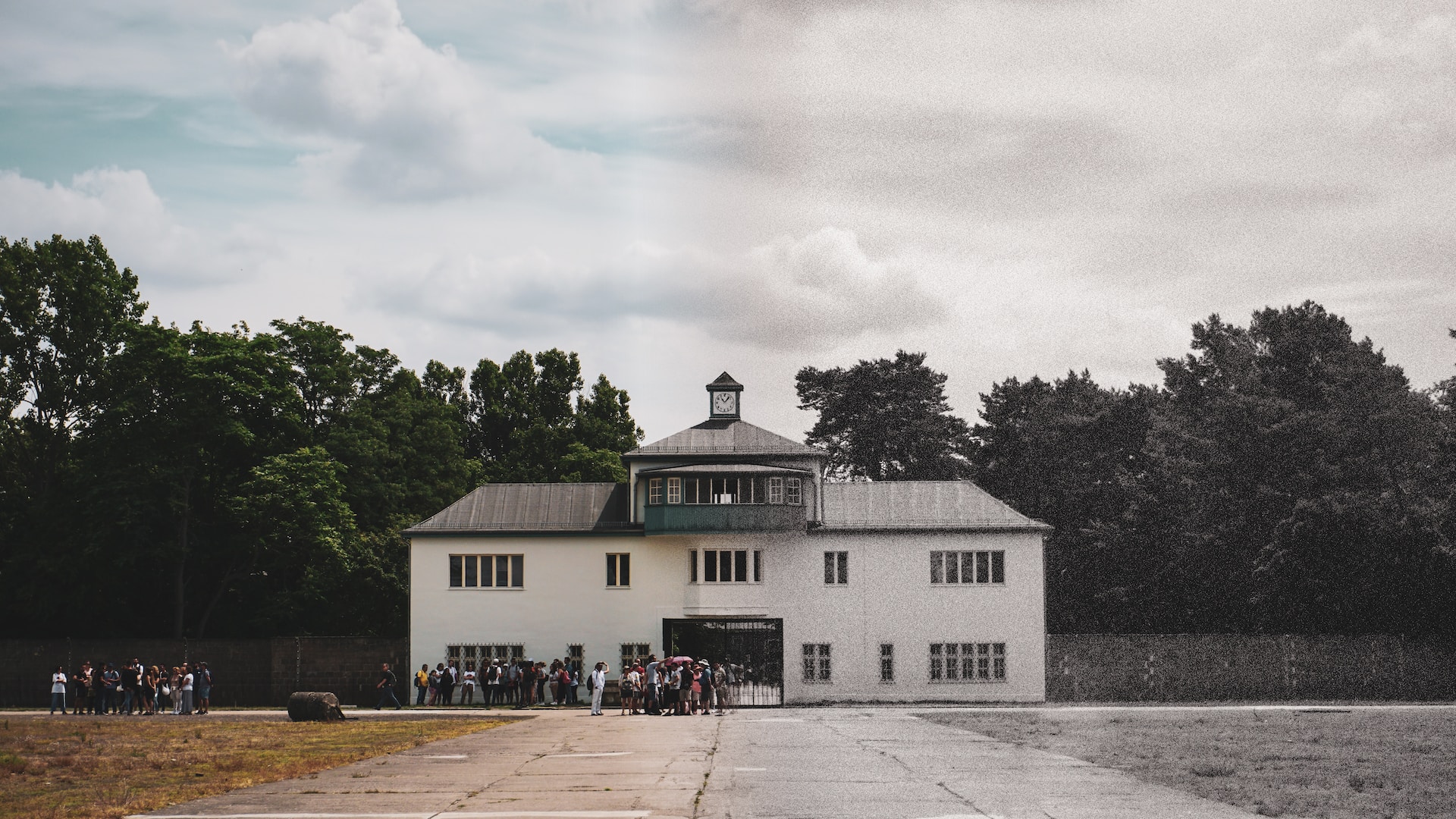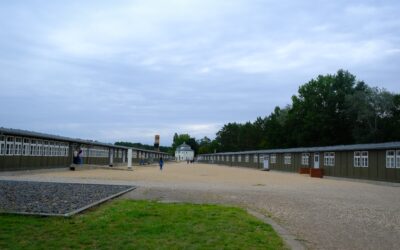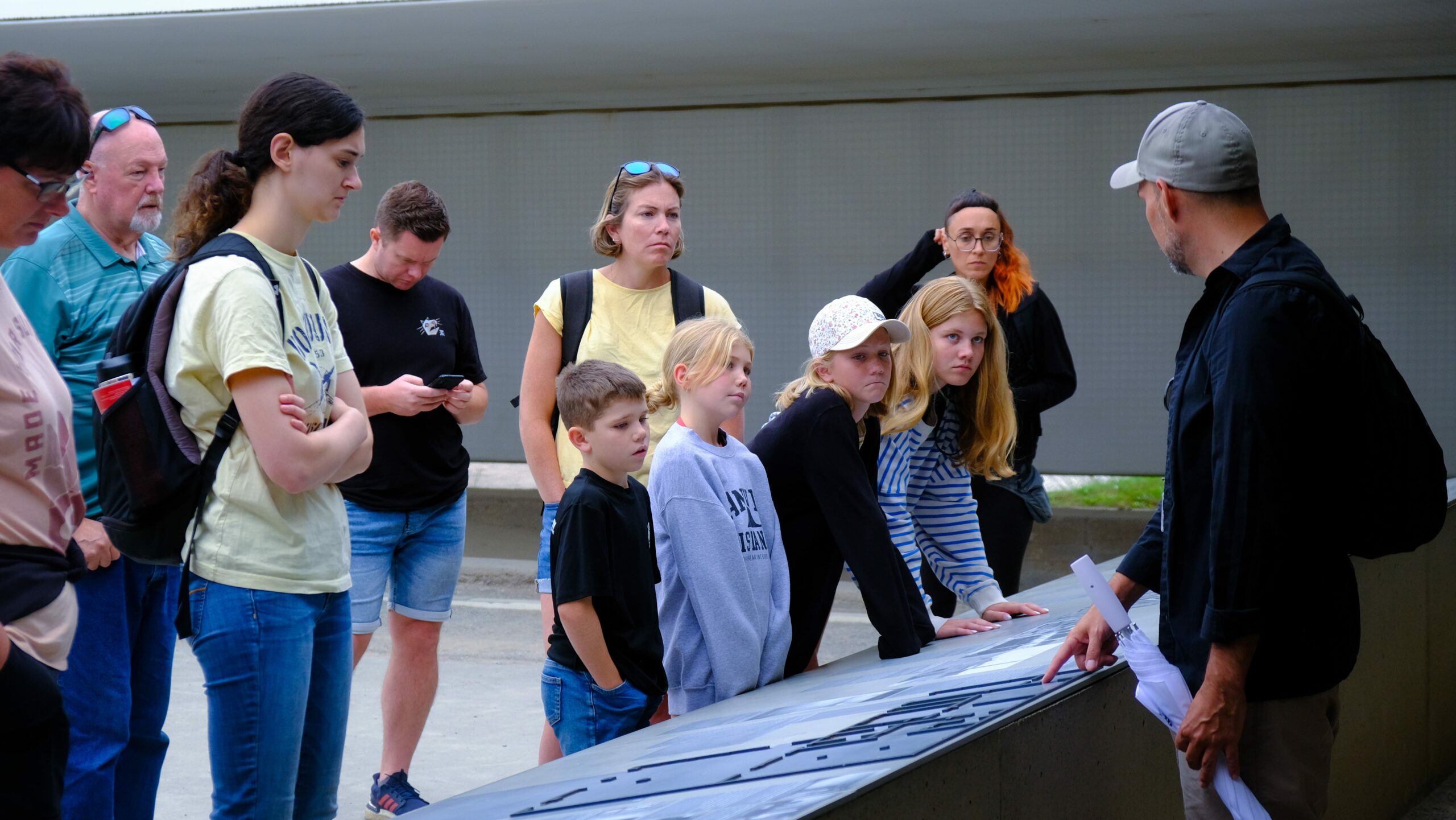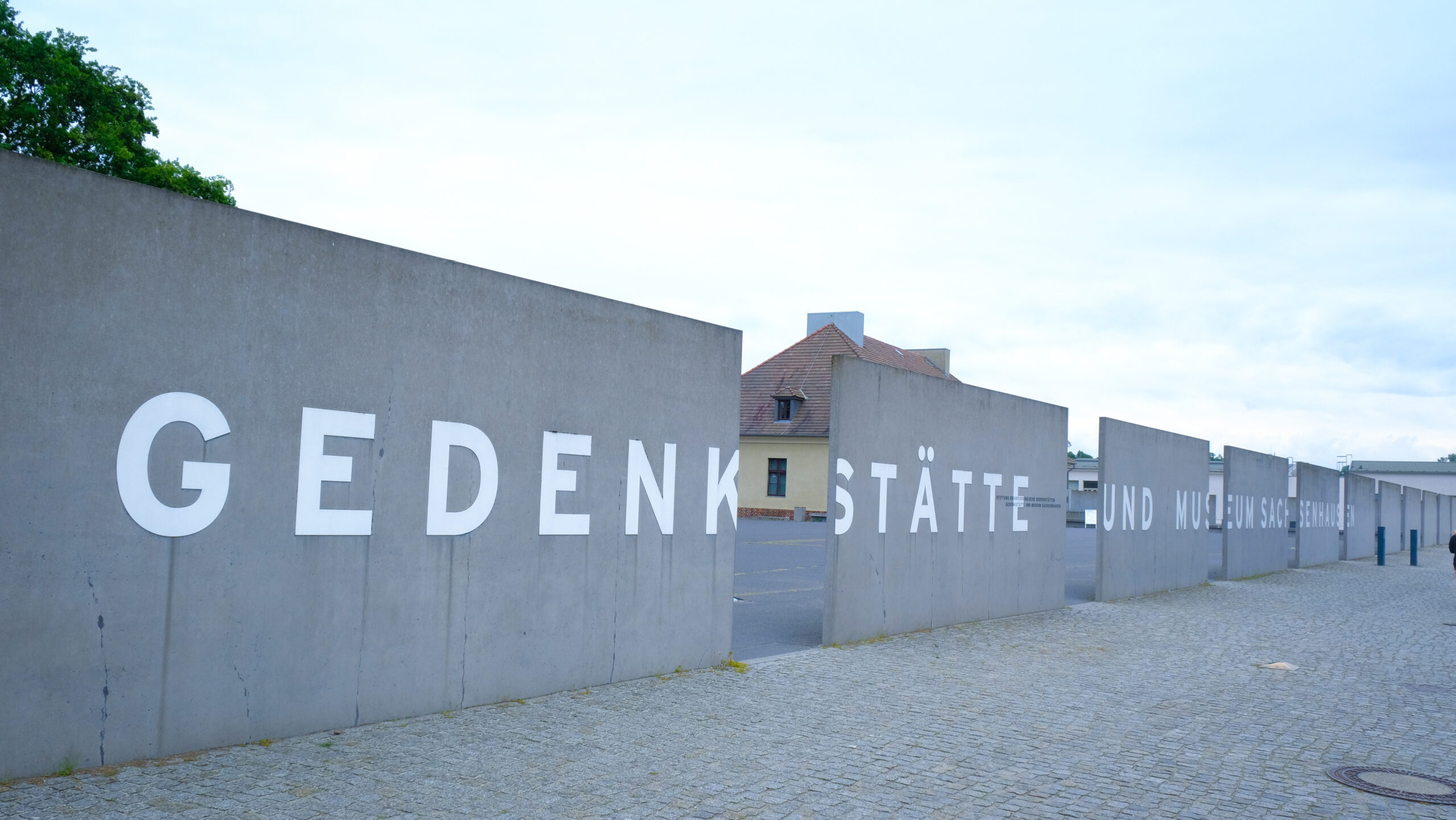Sachsenhausen Memorial and Museum is a historical site located in Oranienburg, Germany. It serves as a reminder of the atrocities committed during the Nazi regime. If you’re an absolute beginner and planning to visit Sachsenhausen, this guide will provide you with all the necessary information to make your visit meaningful and educational.
Understanding the Significance
It best if one has some basic knowledge of Sachsenhausen prior to their visit so, here are some facts. Sachsenhausen itself was a concentration camp for the Nazi regime that began its operation in 1936. It also became a prototype for other camps and was installed and became a place of torment, suffering and death for tens of thousands of prisoners during World War II.
Planning Your Visit
When planning your visit to Sachsenhausen, consider the following factors:
Location and Access
Sachsenhausen is situated in Oranienburg, which is approximately 35 Km’s north of Berlin. You can always get there by train, which will take approximately half an hour from Berlin’s central area. When you get to Oranienburg, the memorial is actually quite close to the railway station by foot.
Opening Hours and Season
Sachsenhausen is open 365 days per year, only the few official holidays is when the camp is closed. It also has different opening hours depending on the season, and recommended to check the official website for latest information. admit that it will be advisable to arrive early in order to have a maximum impact with your visit.
Guided Tours and Audio Guides
For those who desire a more detailed description of the camp the guided tours and the audio guides are available. These options offer a touch of usefulness or apparent substance to the exhibits. It may be wiser to take a guided tour or get an audio version to enrich an experience.
What You Should Expect When Coming for a Visit
Here are some key aspects you can expect during your visit to Sachsenhausen Memorial and Museum:
Exhibitions and Memorials
The memorial is made of several exhibition areas, monuments and reconstructed buildings. It provides an overview of the camp’s history, exhibition concerning prisoners’ routine, and theincident. Stroll around the exhibits and read the information or listen to explanations to be given – it will take quite a time.
Prisoner Barracks and Appellplatz
You can also walk through the prisoner barracks to see how the prisoners were accommodated and living in those lifeless cells. The Appellplatz or Roll call square is the ground used for daily counting of the prisoners under tight security. These areas provide some of the feeling of the conditions experienced by those who were incarcerated.
This case is a story that revolves around Tower A and particularly the Execution Trench.
Tower A is among the main infrastructures in Sachsenhausen; the facility provides a vantage point of the memorial. To its right is the execution trench, a mortifying experience of the many that lost their lives. Consider the seriousness of these places and honor them.
Tips for a Meaningful Visit
Take your time: Sachsenhausen Memorial and Museum is actually quite large so make sure to plan enough time to visit the site and think about what it represents.
Dress appropriately: The tour is more or less a walking tour hence visitors need to wear comfortable shoes and dress appropriately to the weather.
Respect the memorial: Sachsenhausen is a former concentration camp and now the place of remembrance, so be properly dressed, do not joke or be lou in this territory.
Allocate time for reflection: There will alway be a secluded area where people can stop and read about the history and what it has done to humanity.
Conclusion
Sachsenhausen Memorial and Museum can be seen as an opportunity to plunge daily reality into a tragic past. It fulfills one of the purposes by standing as a symbol of the crimes committed during the regime and a memorial to the victims. When organizing your visit and when you get there, always make sure you embrace the history with utmost respect and humility and then you are more likely to help in the preservation of History.




